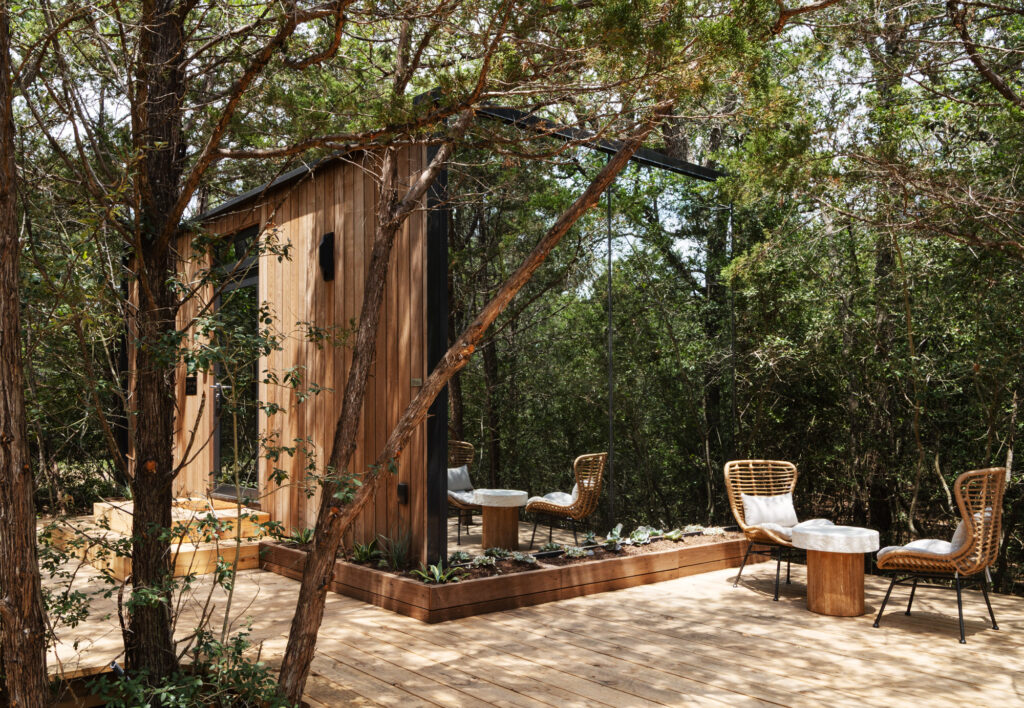
Design for a Changing Climate
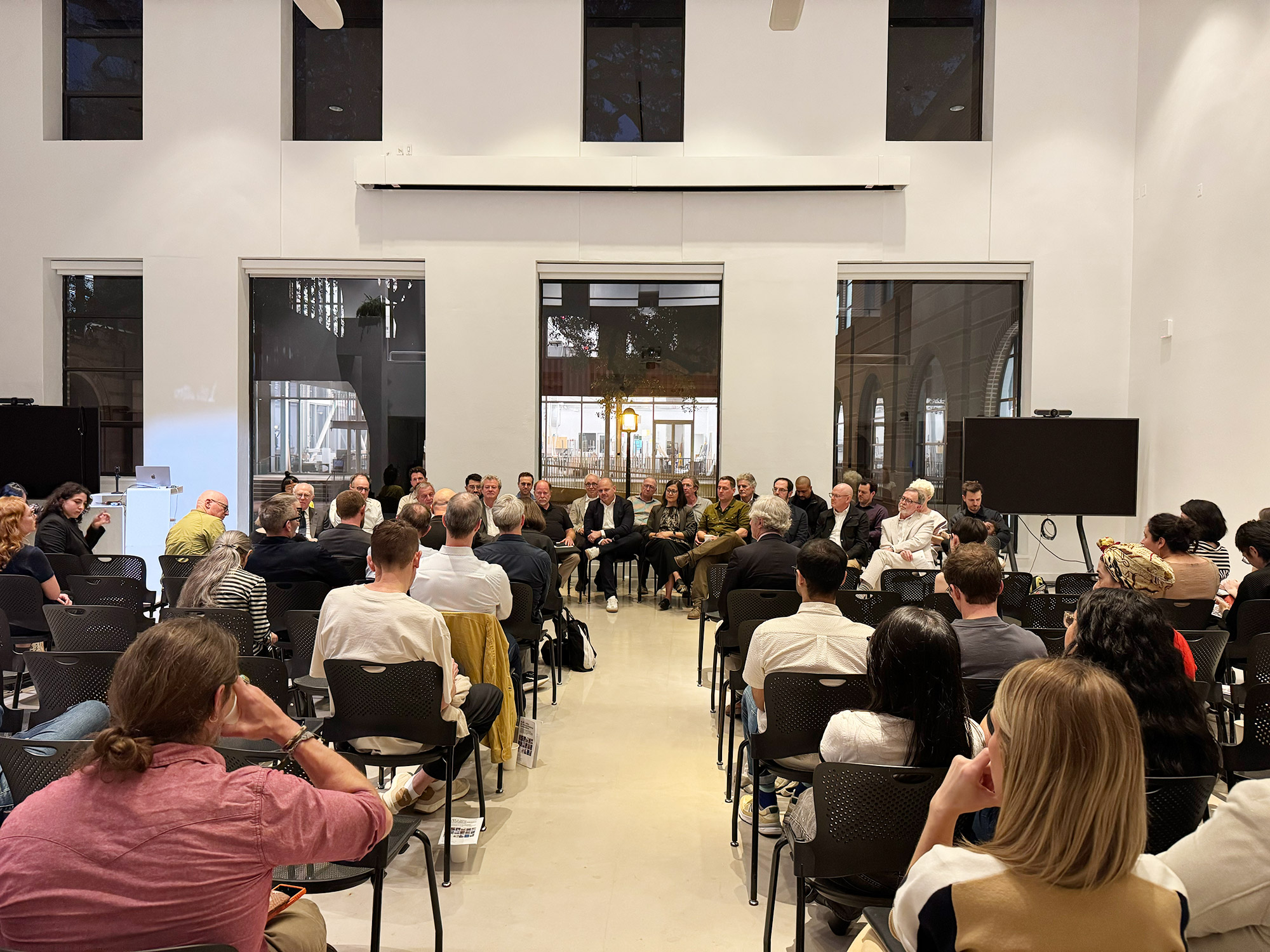
For more than 40 years, the Architectural League of New York has supported emerging talent in architecture, landscape architecture, urban design, and planning through its Emerging Voices and League Prize competitions. In March, the League partnered with the Rice School of Architecture to host “ALNY × HOU: An Intergenerational Conversation” at Rice University’s Farish Hall. The panel featured past winners of these two programs, highlighting five decades of influential work.
Eighteen firms from across Texas—primarily from Houston, Austin, and San Antonio—presented the projects that earned them recognition, reflected on how the awards shaped their practices, and discussed current work. The event concluded with a conversation exploring the future of the field and the role of design education in shaping it.
Jacob Moore, executive director of the League, opened the event by describing the organization’s mission as a platform for architects and allied professionals to support critically transformative work. He emphasized the League’s focus on addressing structural issues such as racism, equity, and climate change. He also introduced the Next Generation initiative, which includes the League Prize, Emerging Voices, a student program, and a mentorship network—each aimed at cultivating successive generations of design leaders.
The League Prize, launched in 1981, recognizes emerging designers within 10 years of graduation through a portfolio competition, lecture series, and exhibition. Emerging Voices, founded in 1982, honors practices with a significant body of built work that engages systemic issues and demonstrates the potential to shape the field.
The presentations followed the evolution of several firms—from Low Design Office and Departamento del Distrito, who focus on community-driven work outside of the country in Ghana and Mexico, respectively, to Lake Flato Architects, which has maintained a distinctly Texan presence while being in the national eye for decades. Several presenters described the awards as an opportunity to pause and reflect on their practices’ methodology and priorities.
Scott Specht, AIA, of Specht Novak Architects spoke about the firm’s early work—fast, experimental projects using unconventional materials such as plastic Coke crates, Styrofoam packaging, Rubbermaid ice cube trays, and fiberboard egg cartons. After receiving the Emerging Voices award in 2002, the studio shifted toward more enduring materials while maintaining its inventive spirit. This balance is evident in projects like the Carpenter Hotel in Austin, where they repurposed oil drill pipe to create a distinctive screen wall.
A more recent honoree, Dept.—a Houston-based landscape architecture and urban design practice—won the League Prize in 2022. Co-founders Maggie Tsang and Isaac Stein noted that the award prompted them to reflect deeply on ecology’s role in their design practice. The studio has since expanded from small installations to larger-scale projects across the Gulf Coast and Southeast. Current work includes a 50-acre ecological restoration in Central Florida, streetscape improvements in Houston’s Montrose neighborhood, and a collaboration with Buffalo Bayou Partnership to repurpose historic industrial sites on Houston’s east side.
Carlos Jiménez Studio, founded in 1983, won the League Prize in 1988 and Emerging Voices in 1994. Based in Houston, the studio focuses on cultural, institutional, and residential projects, such as the Won Buddhism of Houston and the Jiménez House. Jiménez reflected on the awards as foundational moments in the studio’s development.
The event concluded with a panel discussion on the challenges and opportunities facing the next generation of designers. Participants spoke about the need for adaptability, the growing role of technology, and the importance of architects as problem-solvers. Notably, the discussion emphasized interdisciplinary collaboration—particularly within academia—and the importance of connecting students to practice. The panel closed with a call for mutual support and a shared commitment to shaping a more resilient, inclusive built environment.
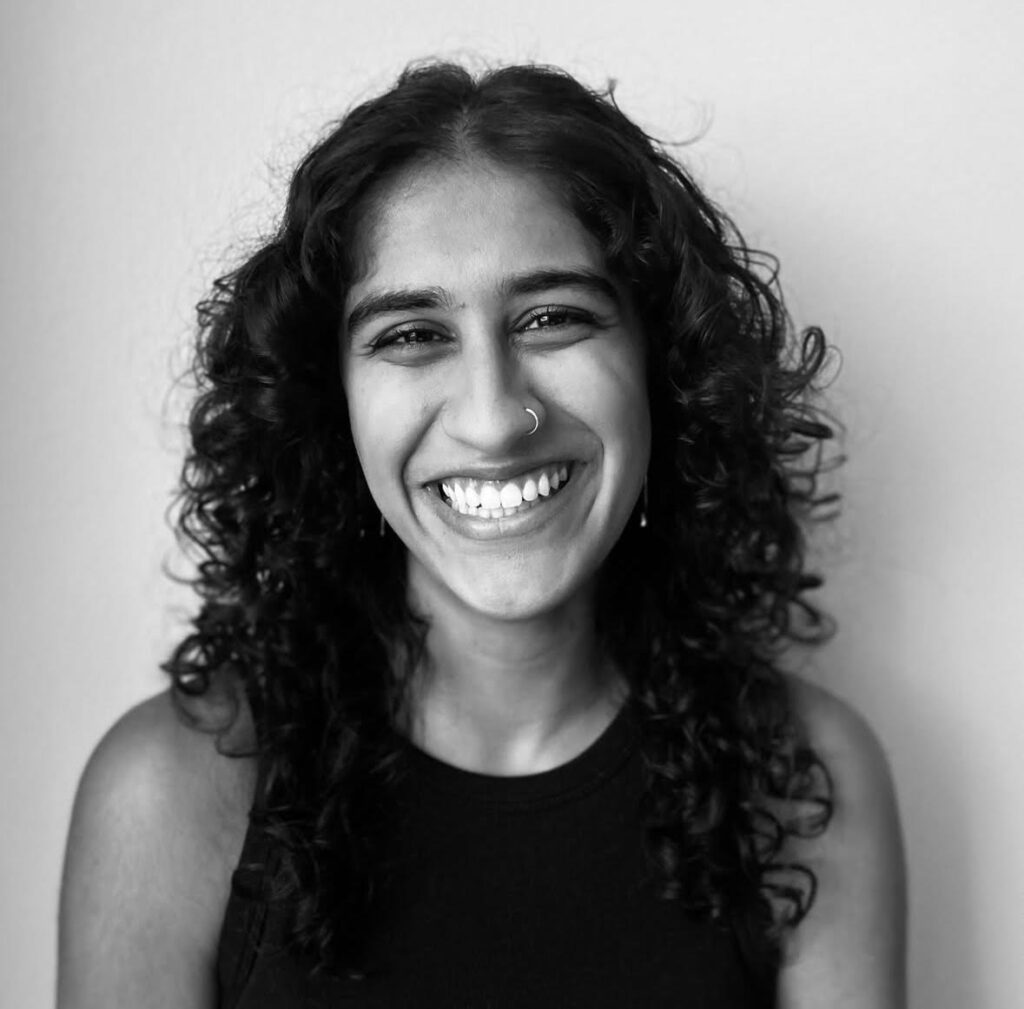
Pooja Desai is a designer and researcher at the Community Design Resource Center at the University of Houston and a writer.

Design for a Changing Climate

Reimagining the Courtyard House
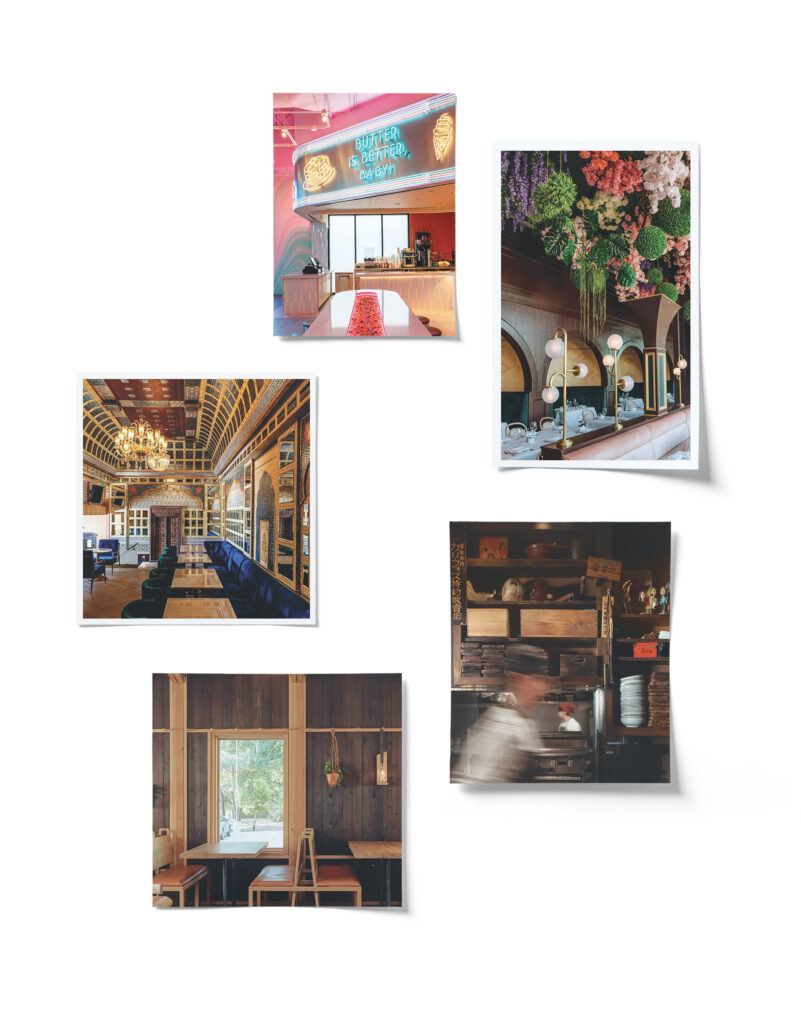
Shaping the Culinary Experience

Modern Hospitality Meets Cultural Legacy
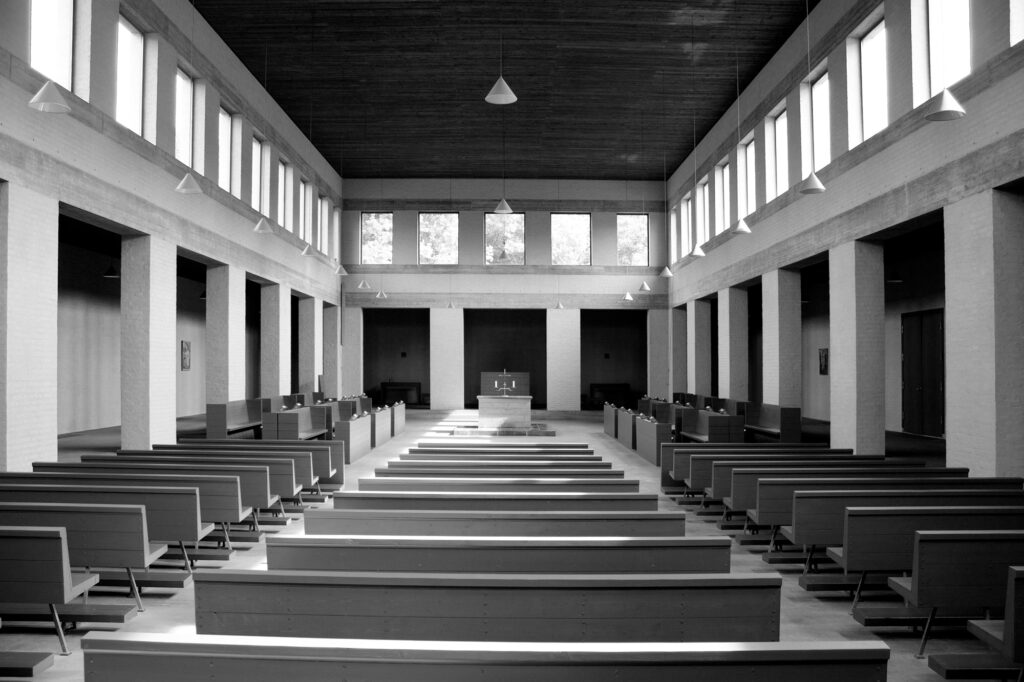
At the Intersection of Neuroscience and Design

Snøhetta Transposes the Borderland

Designing for Neurodiverse Students
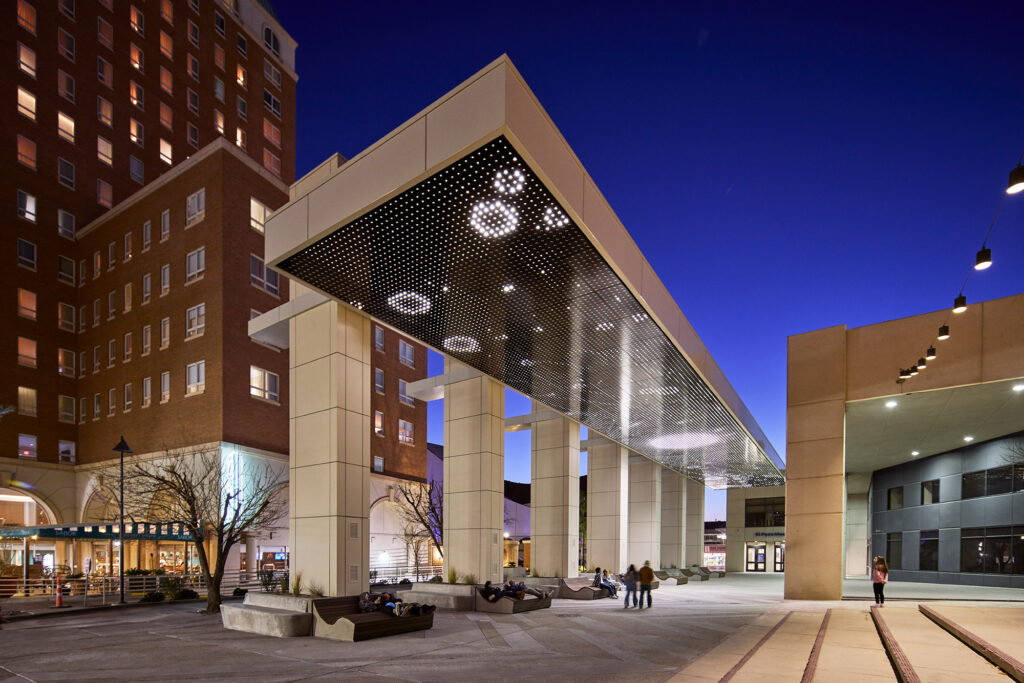
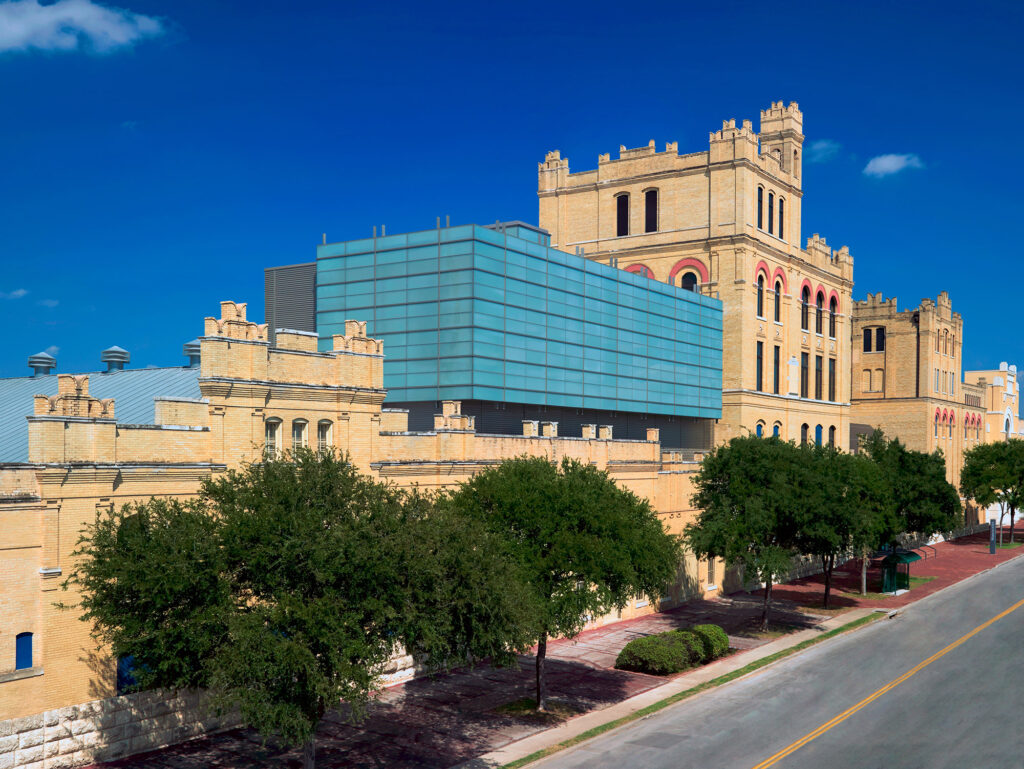

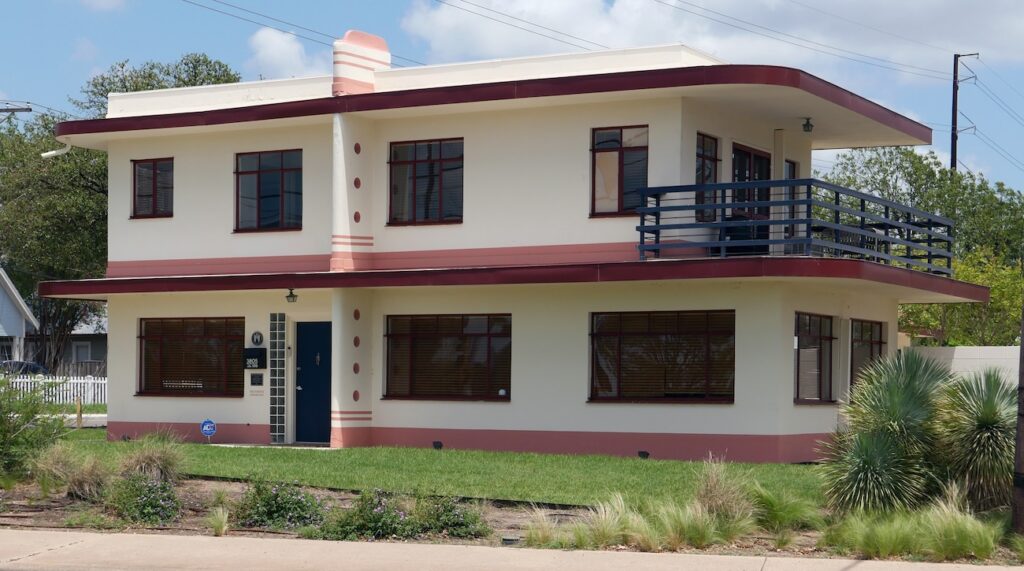
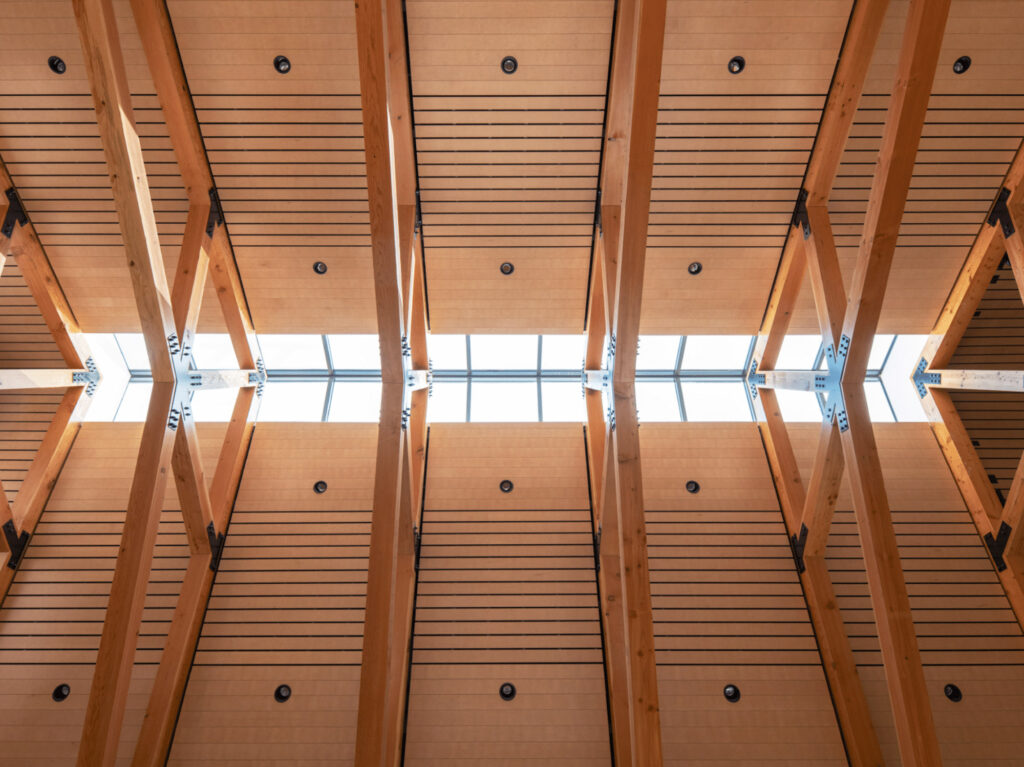
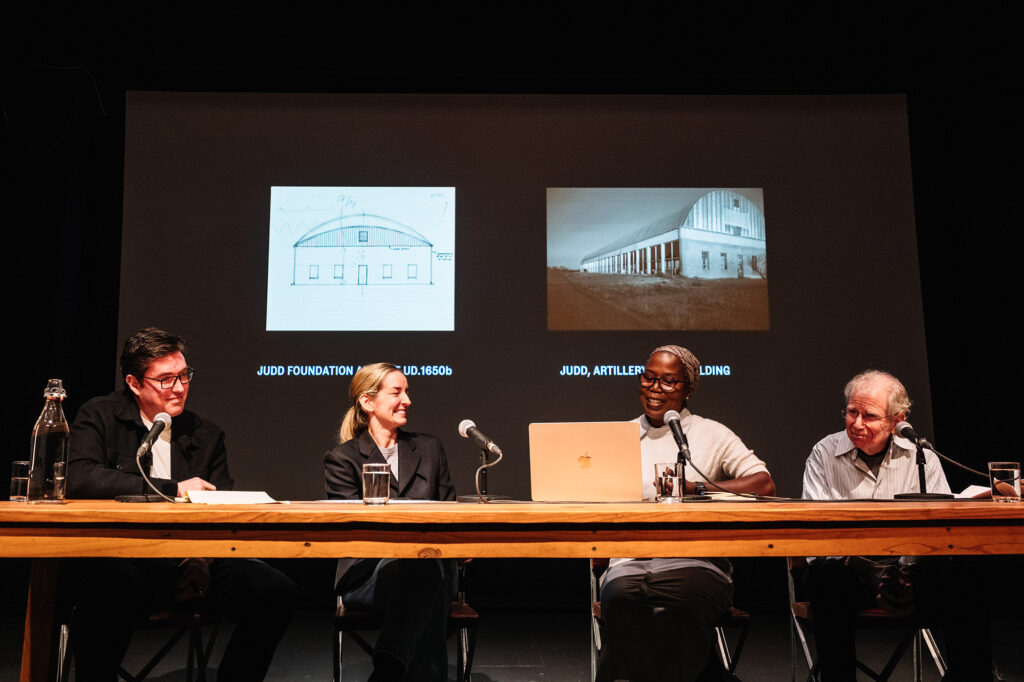
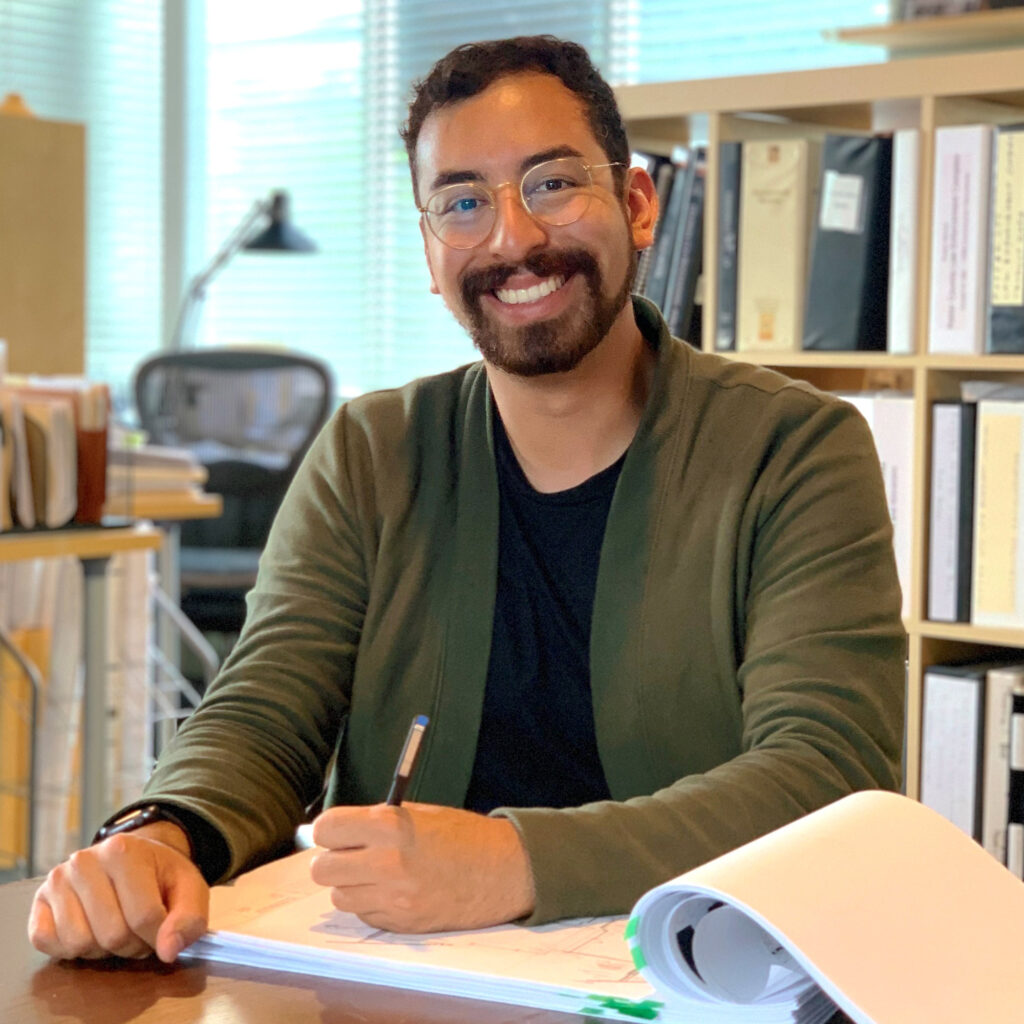
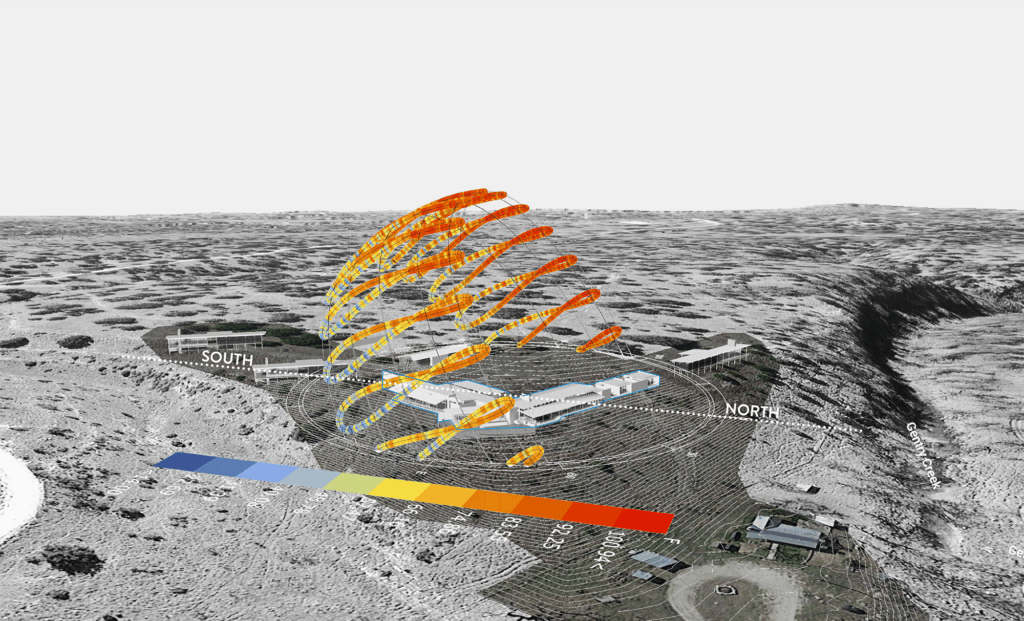
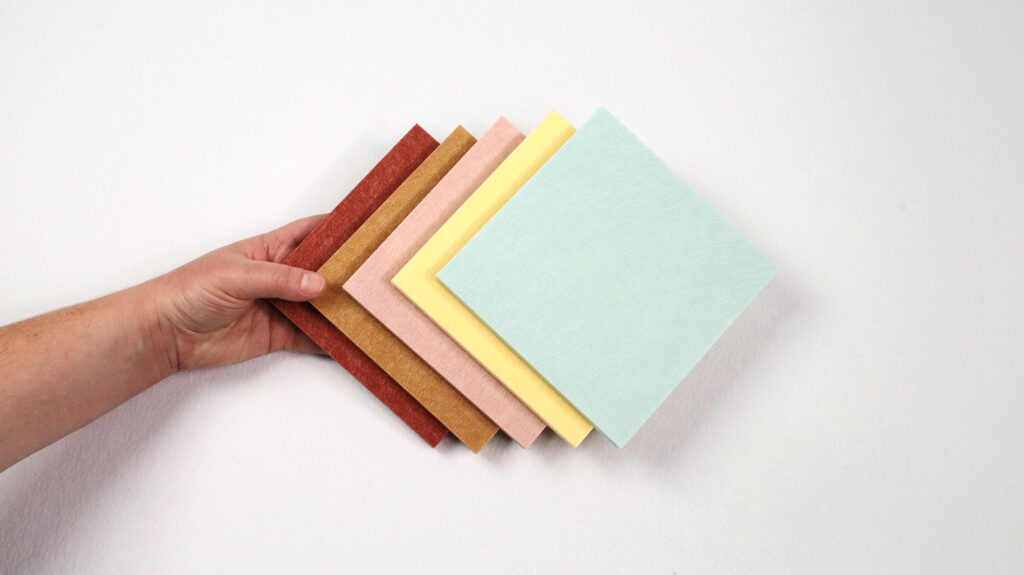
These finishes and furnishings focus on the power of color to influence mood, productivity, and overall well-being.
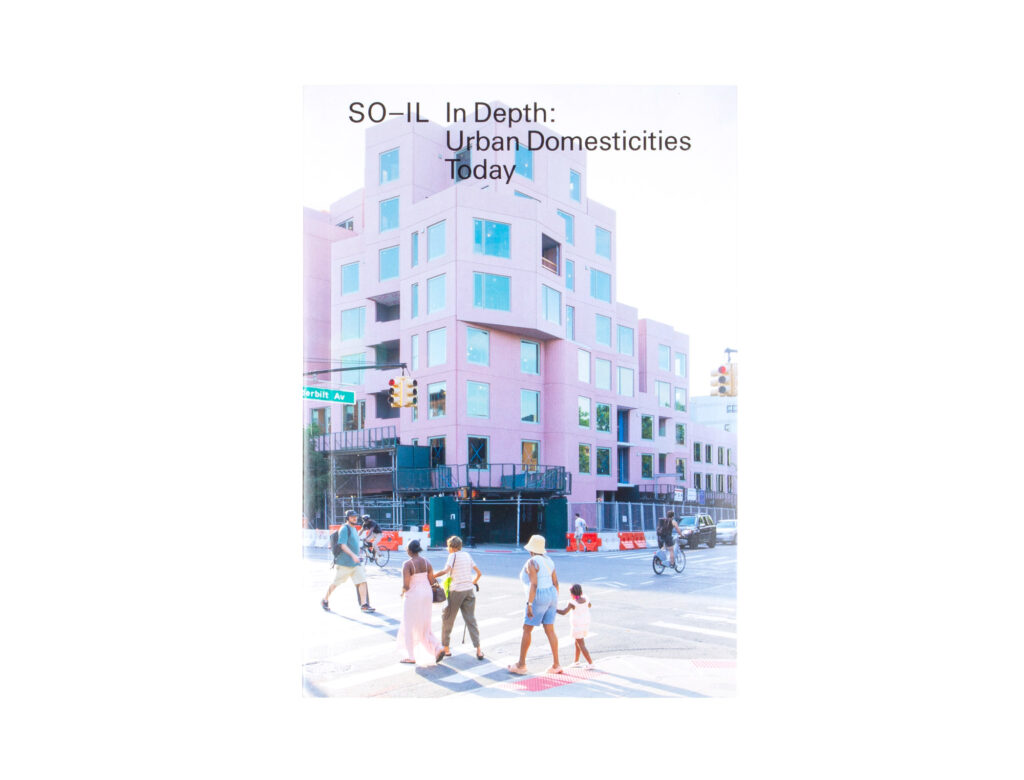
In Depth: Urban Domesticities Today
Edited by Florian Idenburg, Jing Liu, et al.
Lars Müller, 2025
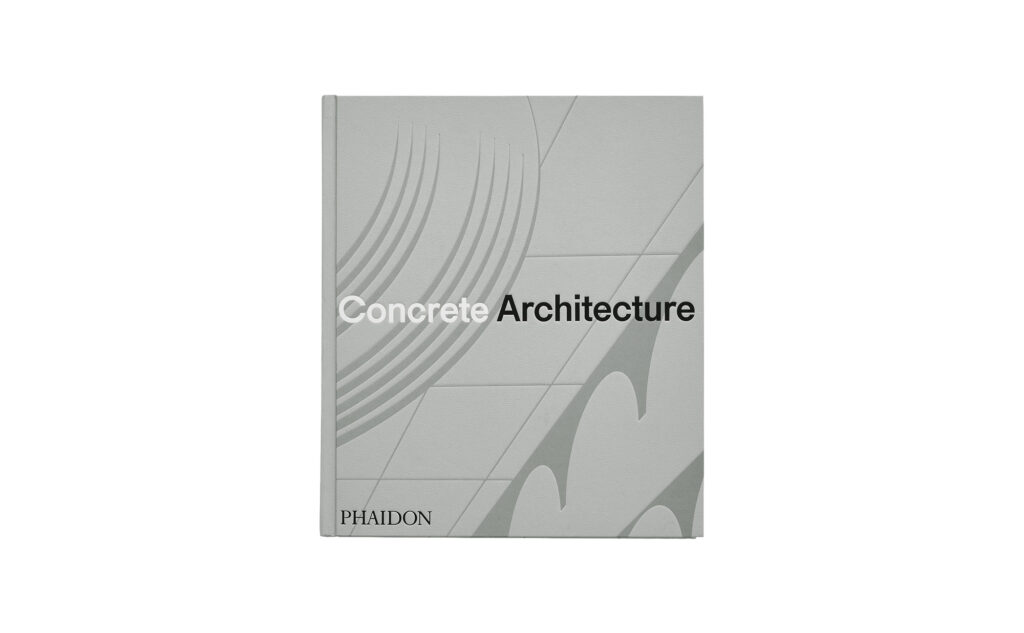
Concrete Architecture
Phaidon Editors, with Sam Lubell and Greg Goldin
Phaidon, 2024
